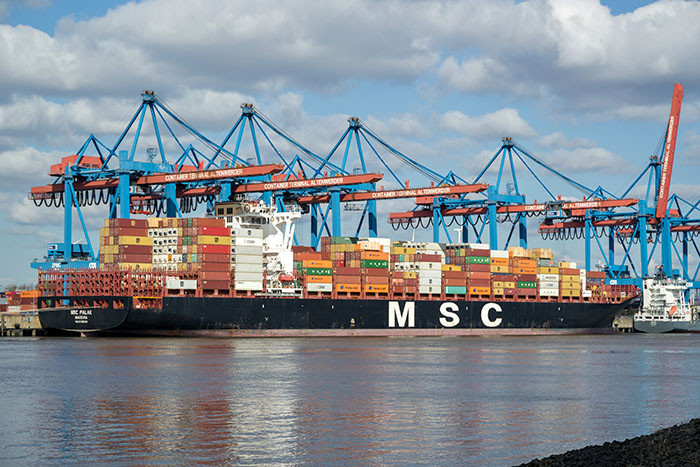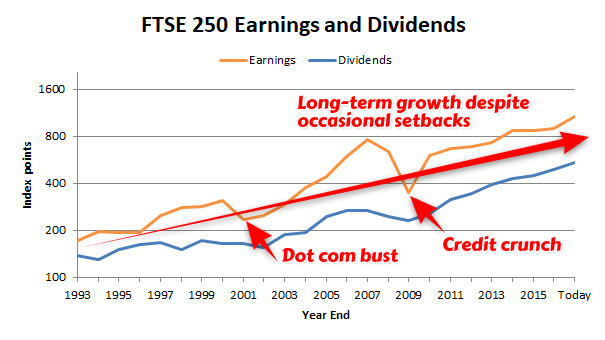MSC's Unprecedented Buying Spree: Reshaping the Global Container Shipping Industry
Mediterranean Shipping Company (MSC), the world's largest container shipping line, has been on an unprecedented buying spree since 2020, acquiring over 400 secondhand vessels. This aggressive strategy has profoundly impacted the global container shipping market, causing ripples that are felt worldwide.
The Scale of MSC's Acquisitions
The sheer volume of MSC's acquisitions is staggering. Alphaliner reports over 400 secondhand ship purchases, while Linerlytica's count reaches as high as 420. This represents a significant portion of the available global fleet. These purchases, ranging in size from small feeder vessels to large container ships with capacities exceeding 8,000 TEU, have undeniably altered the market dynamics.
Impact on the Charter Market
This massive acquisition strategy hasn't just changed the ownership landscape; it's significantly impacted the charter market. Linerlytica estimates that MSC's actions have removed over 17% of the available Panamax boxships from the global charter fleet in just four years. This dramatic reduction in available vessels has led to a sharp rebound in charter rates, forcing other shipping lines to scramble for remaining tonnage. The scarcity has pushed carriers to secure tonnage with delivery dates stretching as far out as 2026 and beyond, as seen in recent fixtures.
The Ripple Effect: Increased Charter Rates and Market Competition
The impact of MSC's actions is far-reaching. The immediate consequence is a surge in charter rates. Reports indicate daily rates for some vessels have skyrocketed, with recent charters showcasing rates of $90,000 per day for an 8,030 TEU vessel. This price increase is not just driven by MSC's actions alone; it reflects broader market dynamics such as increased demand.
Responses from Competitors
Other major players in the container shipping market, including Maersk and CMA CGM, are responding to this market shift. These companies are renewing vessel charters and actively seeking additional tonnage to meet increased demand and maintain competitiveness. This response underscores the market’s tightening and the far-reaching impact of MSC's strategy.
A Shifting Landscape and Future Predictions
MSC’s acquisitions have not only affected charter rates but have also fundamentally reshaped the container shipping industry landscape. The company now commands over 20% of the global container market share, a truly dominant position. Analysts and industry experts predict that the competition for available ships will intensify as MSC's purchasing strategy continues. This is likely to lead to even higher charter rates and potentially impact shipping costs globally.
The aggressive buying spree highlights MSC's ambition to maintain its market-leading position. The long-term implications for the industry remain to be seen, but one thing is clear: MSC's actions have fundamentally changed the way the industry operates. The strategy has been a game changer, leaving competitors scrambling to adapt to a new reality. The next few years will be pivotal as the market continues to adjust and the effects of MSC's acquisitions fully manifest themselves. This aggressive approach has, in effect, become a new benchmark, shaping the industry's strategies for the coming years.
The Future of Shipping: A New Era
The ongoing acquisition spree of MSC is forcing a fundamental shift within the container shipping sector. It’s a clear demonstration of the increasing consolidation within the industry and the pursuit of strategic dominance by major players. It remains to be seen whether this model becomes the new standard, or if we'll see a counter-strategy emerge to combat such aggressive consolidation. However, the industry is certainly entering a new era of unprecedented competition. The aggressive moves by MSC have set a new bar, one that challenges and reshapes the established norms and dynamics of the industry.

















